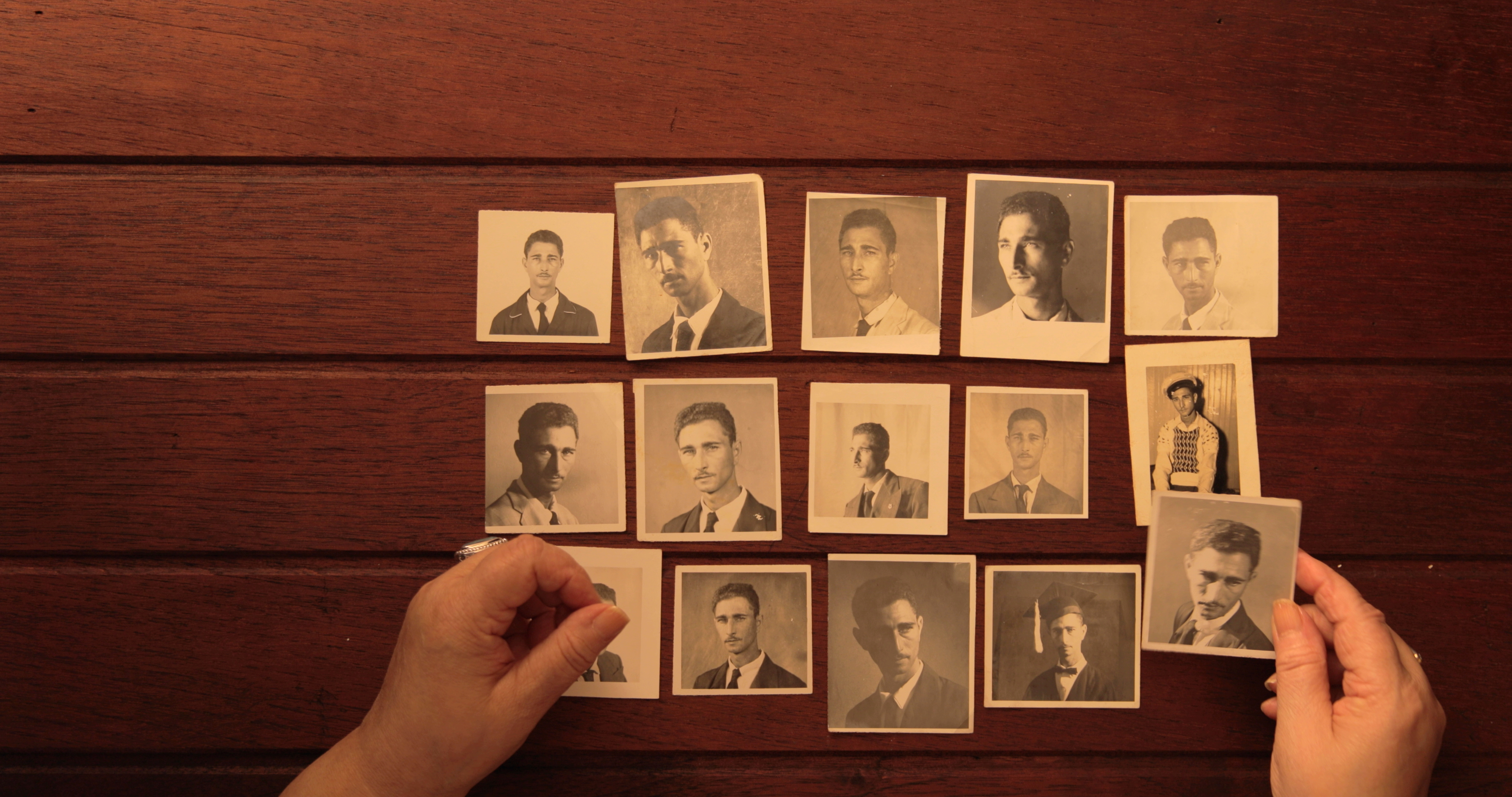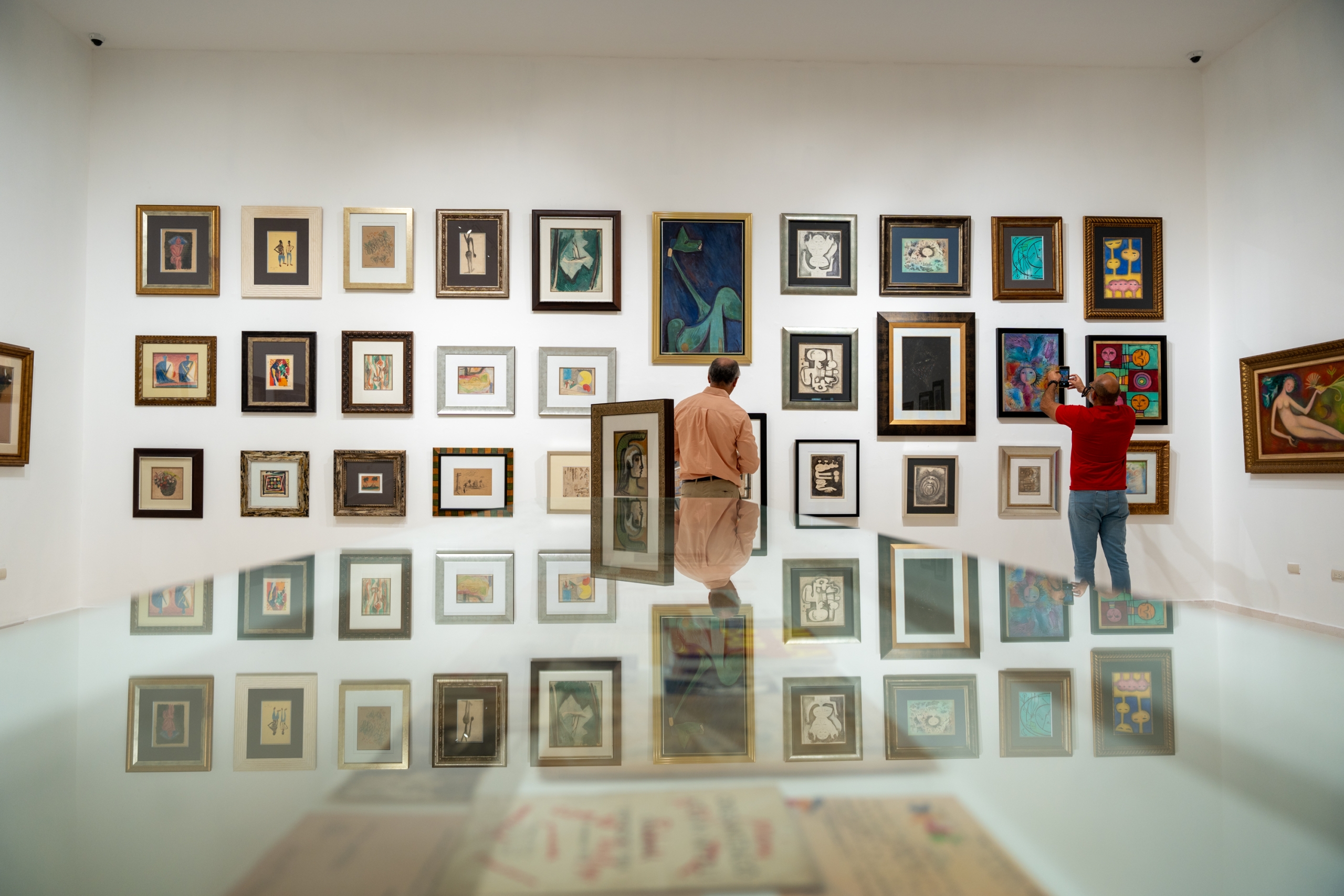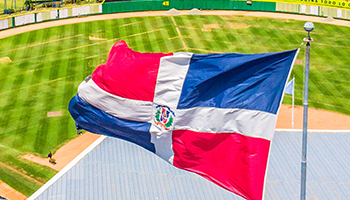Pedro Henríquez Ureña characterized as a driving force of the Mexican revolution
 | Pedro Henríquez Ureña characterized as a driving force of the Mexican revolution “Pedro Henríquez Ureña, foreigner in homelands”, was the theme of the symposium in which scholars Leila Guerreiro from Argentina and Andrés L. Mateo from the Dominican Republic participated as panelists. In commemoration of the 130th anniversary of the birth of intellectual Pedro Henríquez Ureña, the Ministry of Culture hosted a symposium about the life and work of the distinguished writer, scholar and educator. Leila Guerreiro, an Argentinian journalist, and Andrés L. Mateo, analyzed the depth and scope of Pedro Henríquez Ureña’s literary accomplishments. Andrés L. Mateo is the winner of the National Prize of Literature, whereas Leila Guerreiro was specially invited to the event and is an editor for the La Nación newspaper. Accompanying them at the head table in the Aída Bonnelly de Díaz Hall of the Eduardo Brito National Theatre was Martha Rivera Garrido, a poet, who moderated the symposium. Other attendees of the event included: Luis O. Brea Franco, Advisor to the Ministry of Culture; Claudio Cohén, Coordinator of the Vice Ministry of Decentralization and Territorial Coordination; Valentín Amaro, Director General of Books and Reading; Basilio Belliard, Director of Literary Management; and Delegate Minou Tavárez Mirabal. Andrés L. Mateo addressed the theme: “Pedro Henríquez Ureña: Foreigner in Mexico”, and in his presentation he explained how Pedro Henríquez Ureña’s critique against positivism in Mexico was the driving force for the revolution of 1910 and also a fundamental factor that influenced the culture. Mateo explained that Henríquez Ureña was involved in a newspaper that fought reelection. The newspaper was kept out of print during the year 1909 when its journalists were imprisoned, among other forms of social oppression. This gave birth to the Youth Athenaeum. Mateo added that the scholar fought against positivism, despite his family in Santo Domingo being in favor of positivism. Regarding Henríquez Ureña’s activities in Mexico, Mateo explained that his reputation as a spiritual guide for the youth spread rapidly, especially because Alfonso Reyes, who was his good friend, used to call him “master” and even came to refer to him as Socrates, in recognition of his great knowledge. Mateo defined Pedro Henríquez Ureña as a person who was open to knowledge, which was demonstrated by all the books he read and his passion for literature. The academic came to this conclusion after writing a biography of Pedro Henríquez Ureña in 2003, as part of her journalistic work. Her other findings revealed that, despite Henríquez Ureña’s death in 1946, he continues to live through his students, as he devoted extra time talking to them during his train rides and at other scheduled opportunities. The commemorative events included the laying of a wreath at the National Pantheon, the final resting place of the writer, who died on May 11, 1946, in Buenos Aires, Argentina. The Minister of Culture, José Antonio Rodríguez, accompanied by the Minister of Defense, Sigfrido Pared Pérez, led the event. In his speech during the laying of the wreath, the Minister of Culture expressed “that this anniversary, as well as that of the Founding Fathers, must be commemorated throughout the entire country and by all Dominicans as a day of great joy, since on that date commences the mortal journey of the greatest Dominican scholar.” Pedro Henríquez Ureña was born on June 29th, 1884, in Santo Domingo, and was the son of Francisco Henríquez y Carvajal, a distinguished doctor, teacher and President of the Republic in 1916, and Salomé Ureña, a dedicated teacher, poet, and a pioneer in promoting women’s cultural participation. His following titled works are fundamental: “Corrientes literarias en la América hispana”, “Seis ensayos en busca de nuestra expresión”, “Ensayos críticos” (1905); “Horas de estudio” (1910), “Mi España” (1912); “La versificación irregular en la poesía castellana” (1920); “La cultura y las letras coloniales en Santo Domingo” (1936); “El español en Santo Domingo” (1940); “Plenitud de España” (1940), and his posthumous work, “Historia de la cultura en la América Hispánica” (1947).
|

Related News
-

(Versión en español) Realizan presentación especial del documental “El Fotógrafo de La 40”, de Erika Santelices y Orlando Barría en Fine Arts Novo-Centro
-

(Versión en español) Grito de Mujer 2024 República Dominicana: El grito interactivo
-

(Versión en español) Star Distribution estrena en cines de México “CANTA Y NO LLORES”, nueva comedia dominicana protagonizada por Consuelo Duval, Michelle Rodríguez y Lumy Lizardo
-

(Versión en español) Museos estatales de SD permanecerán abiertos en Semana Santa para el disfrute familiar
-

Dominicanos en Grandes Ligas
Las ultimas noticias/novedades de lo que acontece con los Dominicanos en las Grandes Ligas durante toda la temporada 2019.







